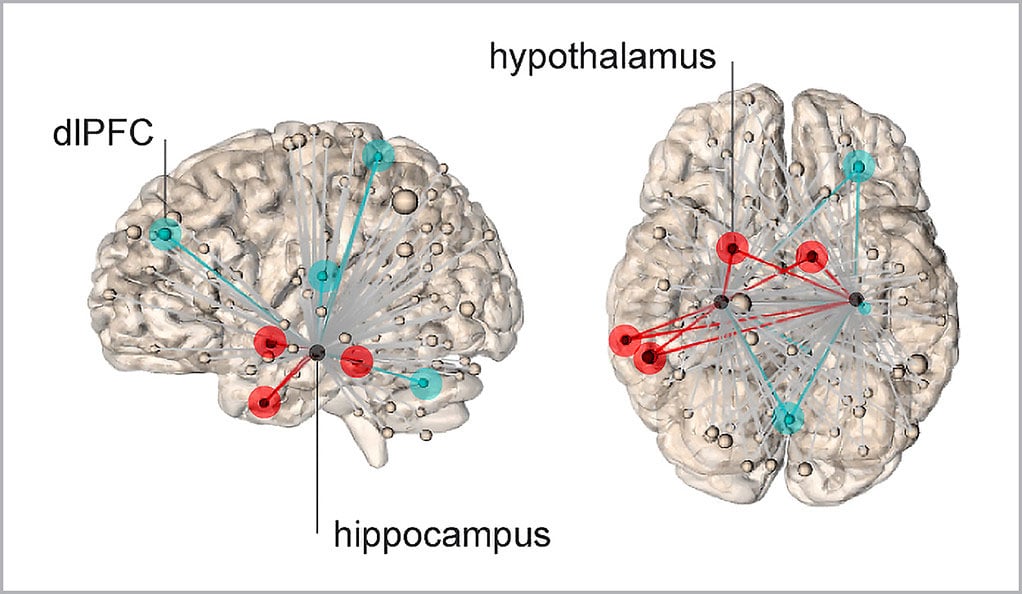A new study offers detailed insight that may aid people in dealing with the debilitating sense of fear and anxiety that stress can evoke.
Scientists from Yale University have discovered a neural home of the feeling of stress. Through this study, they uncovered a network of neural connections emanating throughout the brain from the hippocampus.
Actuation of brain areas, for example, the hypothalamus triggers the creation of steroid hormones called glucocorticoids despite stress and threats. Yet, the source of the subjective experience of stress experienced by individuals during the COVID-19 pandemic, for example, has been increasingly hard to pinpoint.
Scientists conducted a series of fMRI scans of people exposed to highly stressful and troubling images—such as a snarling dog, mutilated faces, or filthy toilets. Subjects were then asked to quantify their stress levels when presented with troubling images.
The study reveals that neural connections emanating from the hippocampus when viewing these images reached not only areas of the brain associated with physiological stress responses, but also the dorsal lateral frontal cortex, a section of the brain involved in higher cognitive functions and regulation of emotions.
When neural connections between the hippocampus and frontal cortex were stronger, subjects reported feeling less stressed by the troublesome images.

When the neural network between the hippocampus and hypothalamus was more active, the subjects reported feeling more stressed.
Senior author Rajita Sinha, the Foundations Fund Professor of Psychiatry, said, “These findings may help us tailor the therapeutic intervention to multiple targets, such as increasing the strength of the connections from the hippocampus to the frontal cortex or decreasing the signaling to the physiological stress centers.”
Elizabeth Goldfarb, an associate research scientist at the Yale Stress Center and lead author of the study said, “Similar to recent findings that remembering positive experiences can lower the body’s stress response, our work suggests that memory-related brain networks can be harnessed to create a more resilient emotional response to stress.”
Journal Reference:
- Elizabeth V. Goldfarb et al., Hippocampal seed connectome-based modeling predicts the feeling of stress. DOI: 10.1038/s41467-020-16492-2
